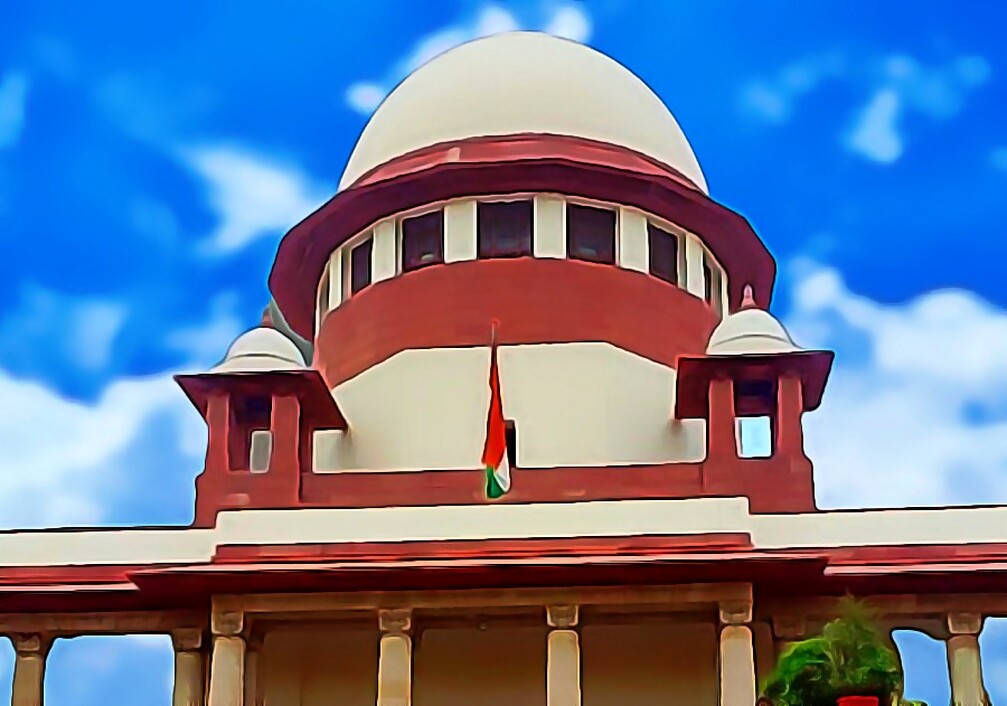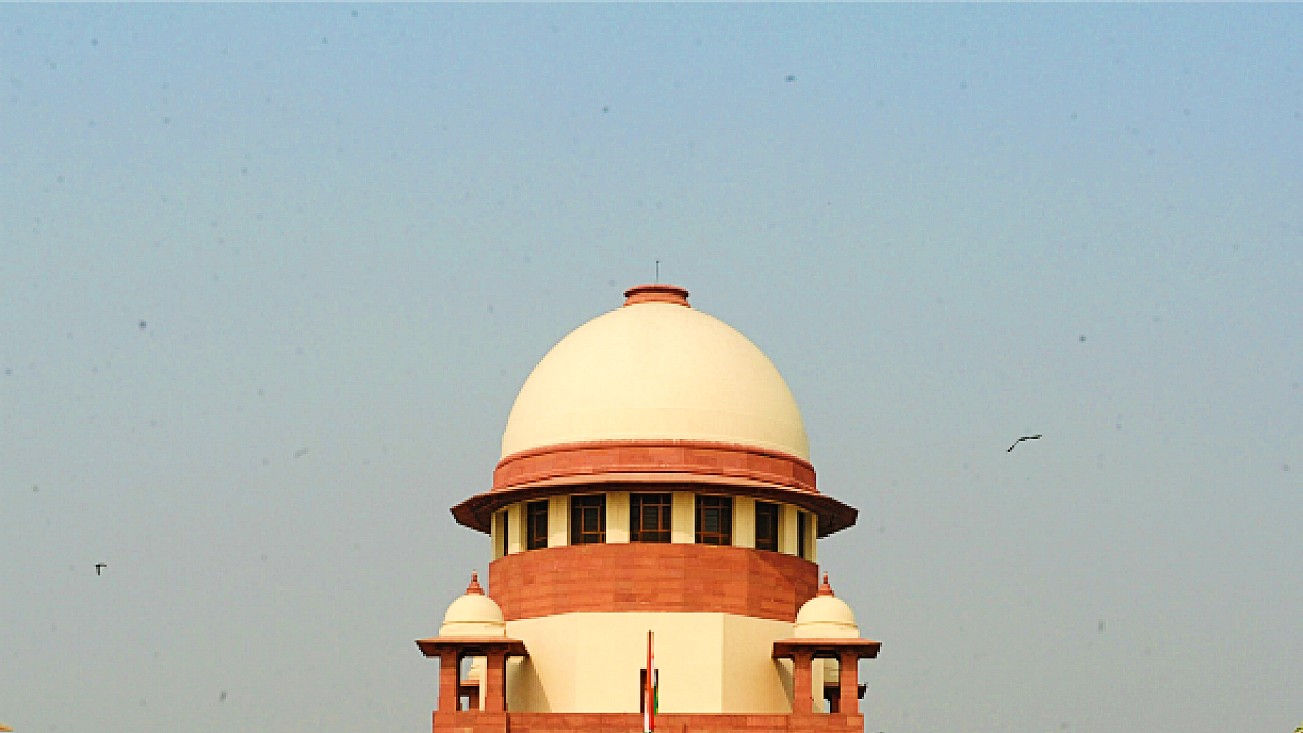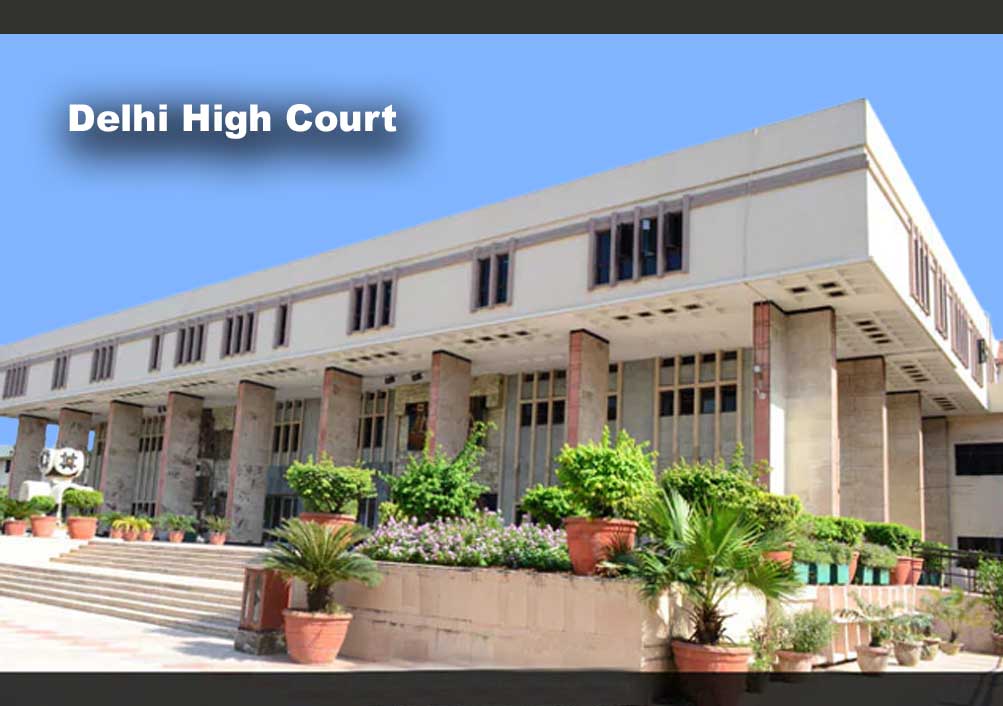Allahabad HC prescribes timeline for maturation of bail pleas in POCSO cases

Read Judgement: Junaid v. State of U.P. and Another
Pankaj Bajpai
Prayagraj, July 15, 2021: Observing that silences of the legislature have to be interpreted by the courts, the Allahabad High Court has issued directions for the time-bound listing of bail applications in cases concerning the POCSO Act, 2012.
Emphasising that delay in disposal of POCSO matters degrades the liberty of citizens, Justice Ajay Bhanot said notice of bail application by the local police or Special Juvenile Police Unit (SJPU) upon the Child Welfare Committee (CWC) should be served within three days from the date of service of notice of bail application upon the office of the Government Advocate at the High Court.
The time period for the CWC to create assessment report and identify the guardian whom the child trusts or to nominate a support person best suited to protect the best interests of the child and receive bail notice on its behalf, should be fixed within 3 days from date of lodging of FIR, the Bench said.
In addition, the Court also remarked that the District Legal Services Authority as well as the High Court Legal Services Committee should provide legal aid within five days from receipt of notice of bail application, before the hearing of the bail application in the High Court and District Court respectively.
The Bench was hearing a bail application by an accused who was charged under provisions of the IPC, POCSO Act and the SC/ST Act, 1989. The bail plea was allowed by the HC after examining the matter.
“The court has to correlate and balance the mandate of statutory rights of the victim, with the imperative of constitutional liberties of the accused,” the Bench pointed out. “The silences of the legislature have to be interpreted by the courts,” it added.
Pointing out that the time period for maturation of a bail application under POCSO remains undefined, Justice Bhanot stated that the authorities are obligated to perform their duties in a reasonable time frame.
The Bench further reasoned that the POCSO Act is a special legislation and it is open to the High Court on the administrative side to consider the feasibility of creating specific rules for bail maturation or the time period for serving advance notice upon the Government Advocate and other connected issues.
Directing the Registry to ensure that the victim/child and its parents are not joined as parties to bail applications by name, the High Court said that other personal details of the child should also not be stated in the bail application.
Observing that no notice to the victim is contemplated when it comes to bail applications under the POCSO Act and Rules, the High Court added that without knowledge of and access to entitled information and services, the court notice is of no avail to the child.
Thus, the High Court proceeded to lay a timeline for maturation of a bail application in POCSO cases, stating that information of crime is to be given by local police/SJPU to the Child Welfare Committee within 24 hours after report of crime u/s 19(6) of the POCSO Act .
Further, the time period for the CWC to create assessment report and identify the guardian whom the child trusts or to nominate a support person best suited to protect the best interests of the child and receive bail notice on its behalf, should be fixed within 3 days from date of lodging of FIR.
Also, the notice of bail application by the local police or SJPU upon CWC should be served within three days from the date of service of notice of bail application upon the office of the Government Advocate at the High Court.
In addition, the Court also remarked that District Legal Services Authority as well as High Court Legal Services Committee should provide legal aid within five days from receipt of notice of bail application, before the hearing of the bail application in the High Court and District Court respectively.
Justice Bhanot cautioned that the timelines of duties have to be strictly adhered to by the respective authorities and failure of its compliance will be proceeded in accordance with the law.
Further, for enforcement of the guidelines, the Court directed that the DGP, UP Police will create a framework and standard operating procedures for the State, and the District Magistrate of the concerned district will ensure that the reports as directed in the order are produced by the CWC before the Court when the bail application is placed in Court and that action is taken against those who default.
Sign up for our weekly newsletter to stay up to date on our product, events featured blog, special offer and all of the exciting things that take place here at Legitquest.




Add a Comment